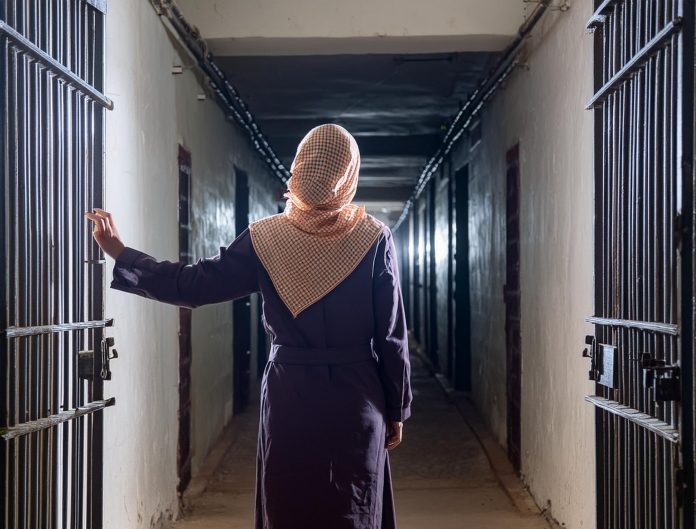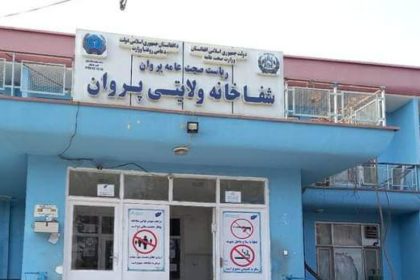RASC News Agency: Since the Taliban’s return to power in Afghanistan, a disturbing pattern of gender-based violence and public humiliation has resurfaced, targeting Afghanistani women under the pretext of enforcing so-called “moral infractions.” Recent revelations by three women victims of public flogging have exposed a grim reality: their confessions were extracted through coercion, physical abuse, and psychological torment at the hands of Taliban enforcers. According to The Guardian, over 1,000 individuals including at least 200 women have endured public lashings under Taliban rule. These figures reflect not merely a resurgence of medieval punishment, but a calculated campaign of misogynistic brutality aimed at suppressing female autonomy.
Diba, a 38-year-old mother of seven, became the sole breadwinner for her family after her husband migrated to Iran for work. Her only “crime” was stepping outside alone to deliver tailored clothes to clients an act that, under Taliban ideology, defies the regime’s draconian gender codes. Detained twice by the Taliban’s so-called “morality police,” Diba was publicly lashed 25 times. She recounts being arrested in a café where she was charging her phone, despite wearing full Islamic covering. Held in overcrowded, unsanitary cells without adequate food or medical care, she was denied legal representation and tried summarily by Taliban judges. Her ordeal underscores the Taliban’s complete disregard for due process, human dignity, and the socio-economic realities that force women to work independently.
Sahar, 22, was traveling with her male cousin to a clinic when Taliban forces stopped and detained her. Despite providing proof of familial ties, the Taliban dismissed the relationship as “un-Islamic” and subjected her to invasive questioning, physical threats, and coercion to confess to a fabricated sexual offense. She was eventually forced to admit guilt in front of her own mother and relatives a confession secured under threat of death. Her subsequent flogging 30 lashes in front of a crowd was a traumatic spectacle. Among the onlookers was her younger sister, who wept as Sahar was brutalized. The psychological scars from that day, Sahar says, will never fade.
Only 16 years old, Karima was detained while shopping for sewing supplies with a male family friend. Taliban operatives deemed the outing a breach of their extreme “mahram” rule, which forbids women from moving freely without a male guardian. Both Karima and the boy were dragged to a public square and lashed 39 and 50 times, respectively. Karima described fainting under the pain and later waking to find her wrists bloodied from tight handcuffs. Even after the public flogging, prison authorities refused to release her until her wounds had begun to heal ensuring the visible signs of torture would not draw attention.
All three women were subsequently forced to flee their homes due to the shame and community backlash stoked by Taliban propaganda. Diba and Sahar now live in unfamiliar cities, while Karima remains under Taliban watch, barred from leaving the country. Their stories are not isolated incidents, but part of a systematic effort to erase women from public life. Since seizing control in 2021, the Taliban have reinstated a gender apartheid regime that weaponizes Sharia interpretations to strip women of their basic rights. Women are barred from education, employment, and public presence. Floggings brutal acts of state violence are used not only to punish, but to terrorize and suppress any semblance of female agency.
The Taliban’s insistence on “moral policing” masks a much deeper strategy: one of total domination over women’s bodies, minds, and choices. Their regime, bolstered by fear and impunity, is emblematic of theocratic authoritarianism that targets the most vulnerable particularly women seeking independence. As the Taliban continue to entrench their brutal control, the international community must move beyond statements of concern and take decisive action. These women’s testimonies demand global accountability mechanisms, humanitarian corridors for victims of gender persecution, and urgent re-evaluation of any engagement with a regime that systematically violates human rights.
Until then, Afghanistani women remain prisoners of a regime that punishes them for simply existing.






